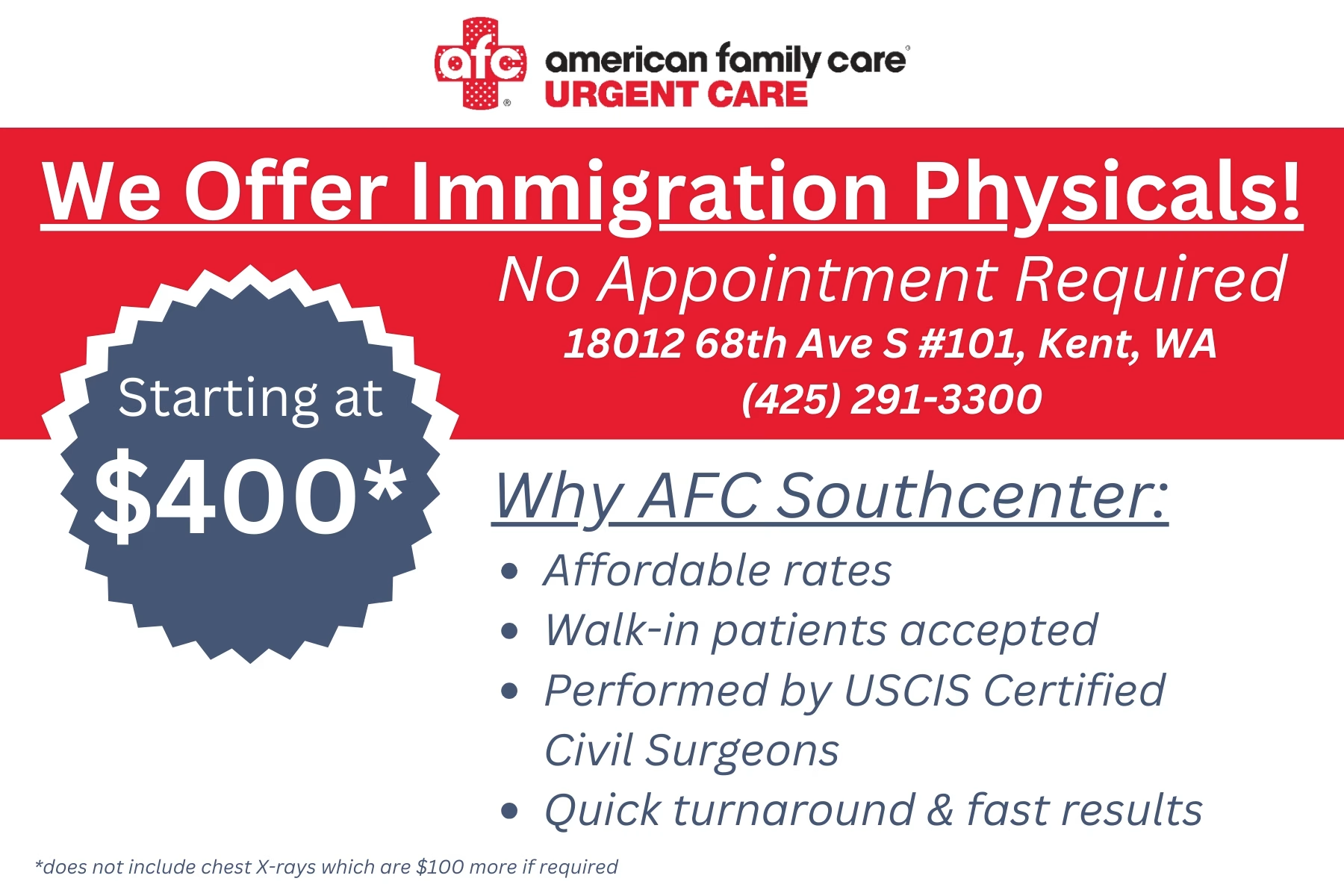"
Based on current research regarding COVID-19, certain patient groups and demographics have been determined to be at a higher risk for developing symptoms and complications from the virus. Knowing if you are at a higher risk can help you prepare for the current outbreak as well as shelter-in-place orders, currently in force for Washington State. Shelter-in-place allows for trips to grocery and pet stores for supplies, pharmacies for medications and urgent care centers, primary care offices, emergency rooms for medical attention and commuting for employees of essential services.
What are the Symptoms of COVID-19?
Cases of COVID-19 may or may not exhibit symptoms: many cases have proven to be asymptomatic, with the latest development from the CDC reporting that patients without symptoms may experience loss of smell or taste. Many of the symptoms experienced due to COVID-19 are also symptomatic of other respiratory conditions including the flu. If you begin to experience any of the following, contact your physician immediately:
- Dry cough
- Chest congestion
- Shortness of breath
- Fever
- Stomach cramps
Who is considered high-risk for COVID-19?
Patients considered high-risk for the coronavirus, including complications, include:
- Patients over the age of 60
- Patients with heart or lung disease
- Patients with diabetes
- Patients with compromised immune systems
If you begin to exhibit symptoms, it is critical you receive a proper diagnosis so you can begin treatment as soon as possible.
How to Prepare for Shelter-In-Place
Take the following steps to prepare for shelter-in-place orders:
- Make sure you have enough supplies available at home. Consult with your doctor to see if you can get more than one refill of any prescription medications in order to limit your trips out of the house and limit potential exposure to the novel coronavirus. If your doctor is unable to provide you with refills in advance, ask your local pharmacy about mail-order services. In addition, you should have on hand any supplies you would typically have if you caught the flu such as ibuprofen, tissues, paper towels, bathroom tissue and groceries to last about two weeks.
- Avoid contact with others. A six-foot radius is recommended from people outside of your household.
- Continue washing your hands whenever possible. The virus can live on your hands for several hours, and on certain surfaces and objects for days. Wash your hands throughout the day for at least 20 seconds using soap and warm water, especially after a trip to the store. Try to maintain a six foot radius from others when leaving the house for walks or fresh air.
Walk-In Urgent Care in Southcenter, Kent, Tukwila, Renton & SeaTac, WA
If you are in need of urgent care for injuries or occupational medicine, visit AFC Urgent Care Southcenter today! Our center is still open to provide patients with care for their medical needs. If you are experiencing symptoms of a respiratory infection, please call 425-970-8117.
"



